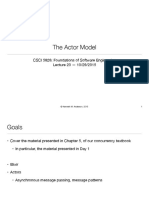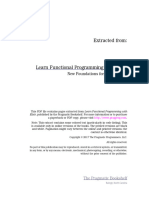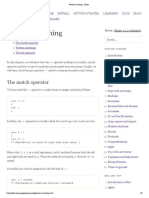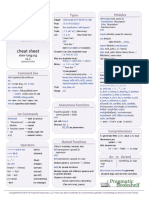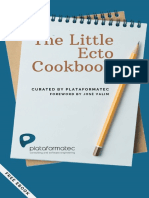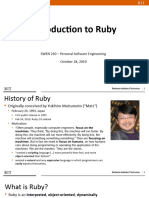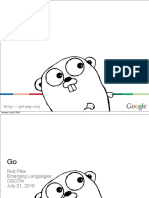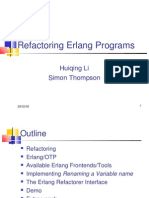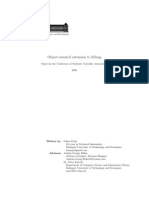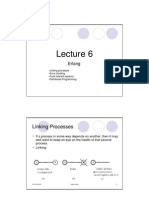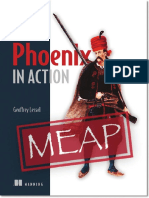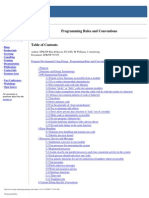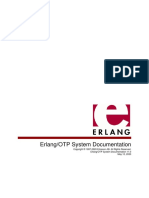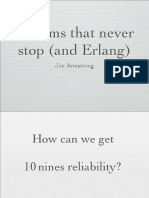0% found this document useful (0 votes)
5 views24 pagesIntro To Elixir
Elixir is a dynamic, functional programming language built on the Erlang VM, designed for scalable applications and known for its readability and maintainability. It features a built-in dependency manager, Mix, and is often compared to Java for its VM usage and syntax differences. Elixir is commonly used in web development through the Phoenix framework, which follows an MVC architecture and supports domain-driven design with Ecto for database interactions.
Uploaded by
cvazquezCopyright
© © All Rights Reserved
We take content rights seriously. If you suspect this is your content, claim it here.
Available Formats
Download as PDF, TXT or read online on Scribd
0% found this document useful (0 votes)
5 views24 pagesIntro To Elixir
Elixir is a dynamic, functional programming language built on the Erlang VM, designed for scalable applications and known for its readability and maintainability. It features a built-in dependency manager, Mix, and is often compared to Java for its VM usage and syntax differences. Elixir is commonly used in web development through the Phoenix framework, which follows an MVC architecture and supports domain-driven design with Ecto for database interactions.
Uploaded by
cvazquezCopyright
© © All Rights Reserved
We take content rights seriously. If you suspect this is your content, claim it here.
Available Formats
Download as PDF, TXT or read online on Scribd
/ 24








